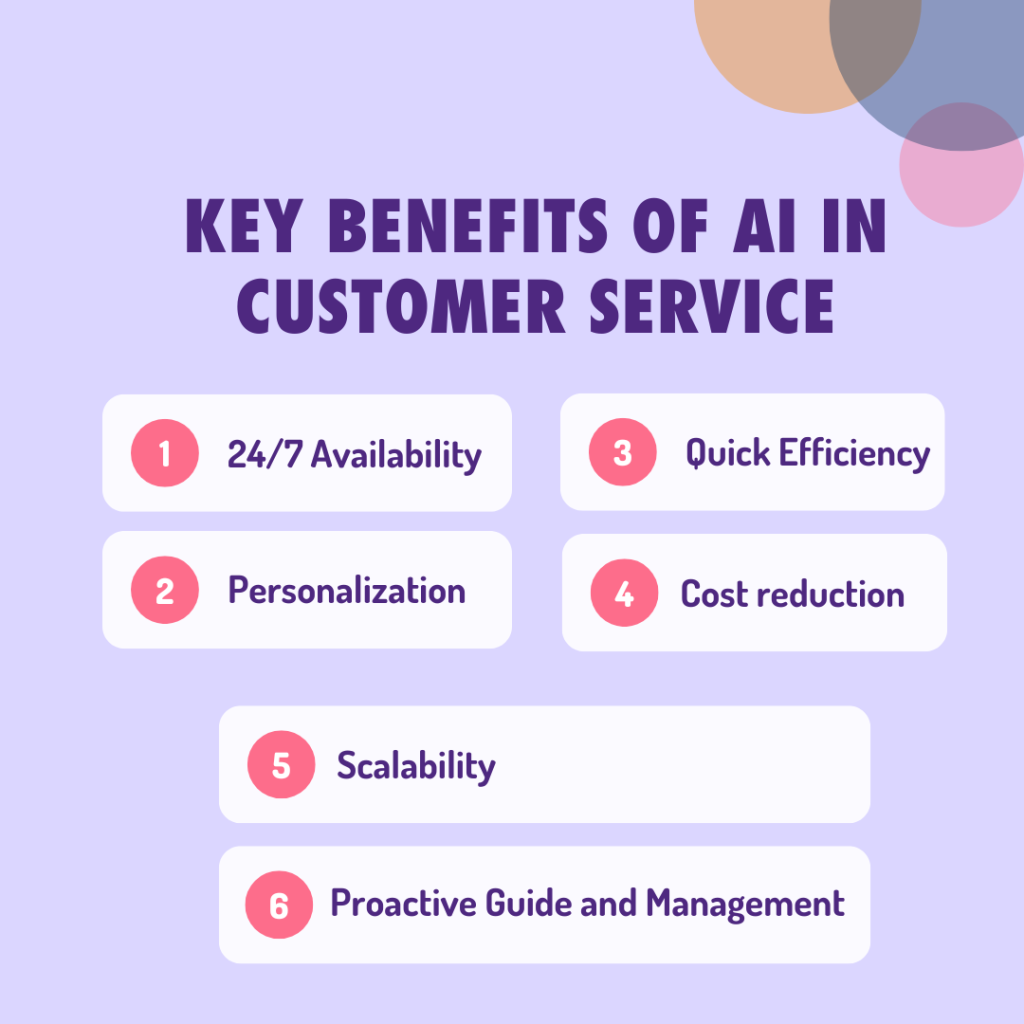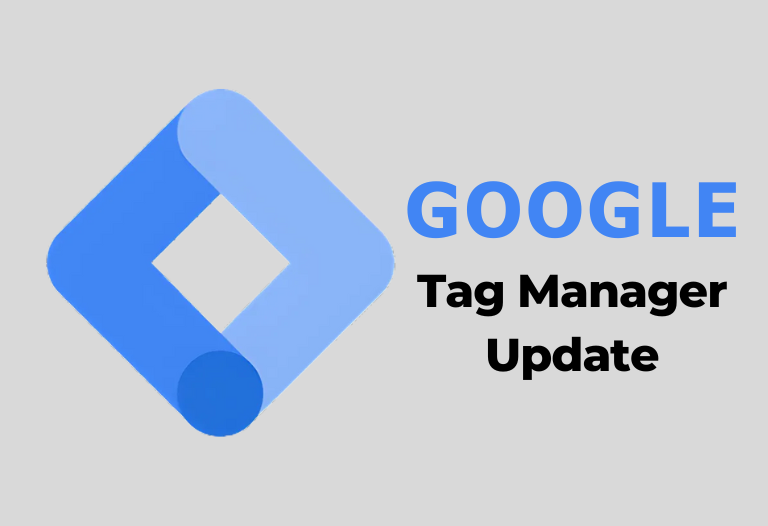
Over the past two decades, advancements in artificial intelligence (AI) have resulted in the development of new tech with remarkable capabilities. Businesses are adopting AI and adapting to changing consumer trends, so there is a lot of scope for them to come up with new ideas and disrupt some critical business functions across the customer service industry.
While AI-powered chatbots have been around for some time, recent breakthroughs in machine learning and natural language processing (NLP) have propelled them to a new level of effectiveness. These advancements enable chatbots to offer personalized, 24/7 assistance, fundamentally transforming how businesses interact with and support their customers.
In today’s highly demanding customer-first environment, customer expectations are constantly evolving. From cost to catalog, consumers are now more focused on convenience, and this is where AI-powered customer service solutions address this challenge by streamlining operations, facilitating personalized interactions, and ultimately enhancing customer satisfaction. Let us dive a little deeper into the impact of AI on customer service and share some insights on leveraging AI to elevate your customer experience strategy.
Understanding AI in Customer Service

Customer service is all about swiftly and efficiently giving customers the information they need. For any brand aiming for success, it’s crucial to prioritize the best customer support to build a positive reputation. This is where AI customer service shines. AI can engage in personalized, empathetic, and multilingual conversations, breaking down barriers and dramatically boosting customer satisfaction while slashing support costs with fast, accurate answers.
AI-powered chatbots are already making waves by reducing response times and handling multiple queries at once. Take Amtrak, for example—they implemented a chatbot that cut response times from several hours to mere seconds. A recent Zendesk report revealed that 70% of customer service organizations believe AI helps deliver warm, human-like interactions that help them grow customer loyalty.
AI is revolutionizing customer service through cutting-edge technology. Modern customer service models leverage Natural Language Processing (NLP) and machine learning (ML) to understand and respond to customer sentiment, identify needs, and provide tailored responses. Unlike generative AI, such as GPT chatbots that create free-form text, NLP helps machines grasp and interact with human language meaningfully and contextually. This is especially useful for dealing with frustrated or confused customers. NLP excels at tasks like sentiment analysis and translation, ensuring precise and effective communication.
Key Benefits of AI in Customer Service

Now, here are a few crucial advantages of AI in customer service. These will help you understand more about how AI-driven tools have transformed customer service.
24/7 Availability: Dealing with customers’ questions at odd hours is no longer a problem as AI allows customer support to be accessible at all hours. This availability greatly improves customer satisfaction by guaranteeing quick responses and assistance regardless of time zones or peak hours.
Personalization: AI tailors responses and recommendations according to customer preferences, behaviors, and past engagements. This customized approach improves customer relationships and increases satisfaction by actively addressing issues and offering personalized resolutions.
Efficiency and Quickness: AI-powered systems excel at accelerating response times and swiftly resolving issues. Unlike humans, AI can handle multiple inquiries simultaneously and provide instant replies. For instance, AI-powered chatbots can efficiently solve common issues, cutting down on wait times and increasing customer happiness.
Cost reduction: It is achieved through AI in customer service by removing the need for large customer support agent teams. AI manages repetitive tasks and questions, allowing humans to focus on complex problems requiring empathy and creativity. This enhancement cuts costs and enhances efficiency among the service team.
Scalability: AI solutions can grow with increasing customer interactions while maintaining service quality. AI systems can easily adjust to meet growing customer service requirements during high demand and entering new markets.
Proactive Guide and Management: By integrating AI into the customer-connecting medium, AI can offer tailored responses for each unique need, providing ease and confidence. AI can also predict staffing needs for specific days, months, or seasons by analyzing data. This would further reduce overtime costs and minimize wait times.
Implementing AI in Your Customer Service Strategy
Incorporating AI into your customer service plan might seem like an ideal remedy for business expansion, yet it is challenging.
Assessment and planning: Begin by assessing the current customer service processes to identify areas of challenge and opportunities for AI integration. Focus on prioritizing the areas where automation and enhanced customer interaction can result in the most significant advantages.
Choose the right tools: When making your choice, select AI tools that align with your business goals and customer service objectives. Consider scalability, alignment with existing systems, and the ability to deliver tailored customer experiences.
Train AI for Customer Service: Ensure customer service personnel are trained adequately to utilize AI tools effectively. Ensure that AI seamlessly integrates into existing workflows and systems to enhance efficiency and maintain service quality.
Monitor and Optimization: Continuous monitoring and optimization are necessary to evaluate AI system performance metrics, including response times, customer satisfaction scores, and resolution rates. Enhance AI algorithms by incorporating feedback and data insights to continuously improve service delivery.
Success Stories and Case Studies
Many businesses today are successful after incorporating artificial intelligence into their customer service functions. In fact, they have made great progress towards the new future.
H&M: This famous retail company has been effectively utilizing artificial intelligence for customer service for some time, and it’s well-deserved. Their customer service chatbots have demonstrated exceptional utility by providing product details, determining sizes, checking availability, choosing delivery options, processing refunds, and other tasks.
The chatbot interacts with users by asking questions to understand their style preferences. It includes clothing images to assist users with their fashion inquiries. The chatbot also allows users to view pre-made outfits and select favorites using a like button.
Utilizing generative AI has dramatically improved the online shopping experience at H&M. A chatbot reduces response times by 70% compared to human agents. The mobile app also features a generative voice assistant for convenient voice search. AI has enhanced customer satisfaction and efficiency while easing the burden on the customer support team.
ADT Security Service: ADT Security Service is a branch of Johnson Controls, a leading global technology corporation. It is currently a leading security service provider globally, with customers depending on the company to protect their most valuable possessions. Therefore, it is crucial to offer exceptional customer service to build trust and show customers they are valued by the company.
ADT Security enhanced its workflow and saw a significant 30% boost in customer satisfaction after AI integration. They handled 45% more conversations while reducing missed conversations by 74%. Conversion rates improved from 44% to 61%, and the average response time decreased by nearly 22%, from 4 minutes 34 seconds to 3 minutes 34 seconds.
Axis Bank: Axis Bank exemplifies how voice AI can reduce call center congestion by assisting customers in self-service. The bank allows customers to make various requests using their Alexa devices, tasks typically handled by human agents.
Axis Bank discovered an effective method to help service personnel avoid answering the same questions repeatedly while offering customers a quick and convenient way to solve their inquiries about the available funds in an account and the outstanding credit card statements, preventing the use of credit cards. Requesting checkbooks and examining past transactions.
Challenges and Considerations
Nothing comes without a challenge, and even though AI has significant advantages, it also poses obstacles. These include data privacy, job displacement, and ethical concerns. We must address these proactively to optimize AI advantages and maintain customer trust.
Data Privacy Concerns: Resolve problems concerning data gathering, retention, and utilization to instill customer confidence and adhere to rules.
Job Displacements: To avoid job displacement, reduce job loss concerns by providing training for roles prioritizing human compassion and critical thinking skills.
Ethical AI: Highlight the significance of ethical AI practices, such as promoting transparency in AI decision-making and assuming accountability for the results.
Companies can optimize AI benefits, uphold ethical standards, and improve customer relationships by tackling these challenges early on.
Conclusion:
Integrating AI into your customer service can help open up a world of opportunities! Imagine happier customers, smoother processes, and rapid business growth. AI empowers companies to personalize interactions, boost efficiency, and scale effortlessly, keeping them ahead in the fast-paced digital age. By strategically implementing AI technologies, continuously assessing their impact, and staying adaptive to new advancements, you can take your customer service to new heights. Embrace the future and transform your customer service experience like never before!




 July 12, 2024
July 12, 2024











